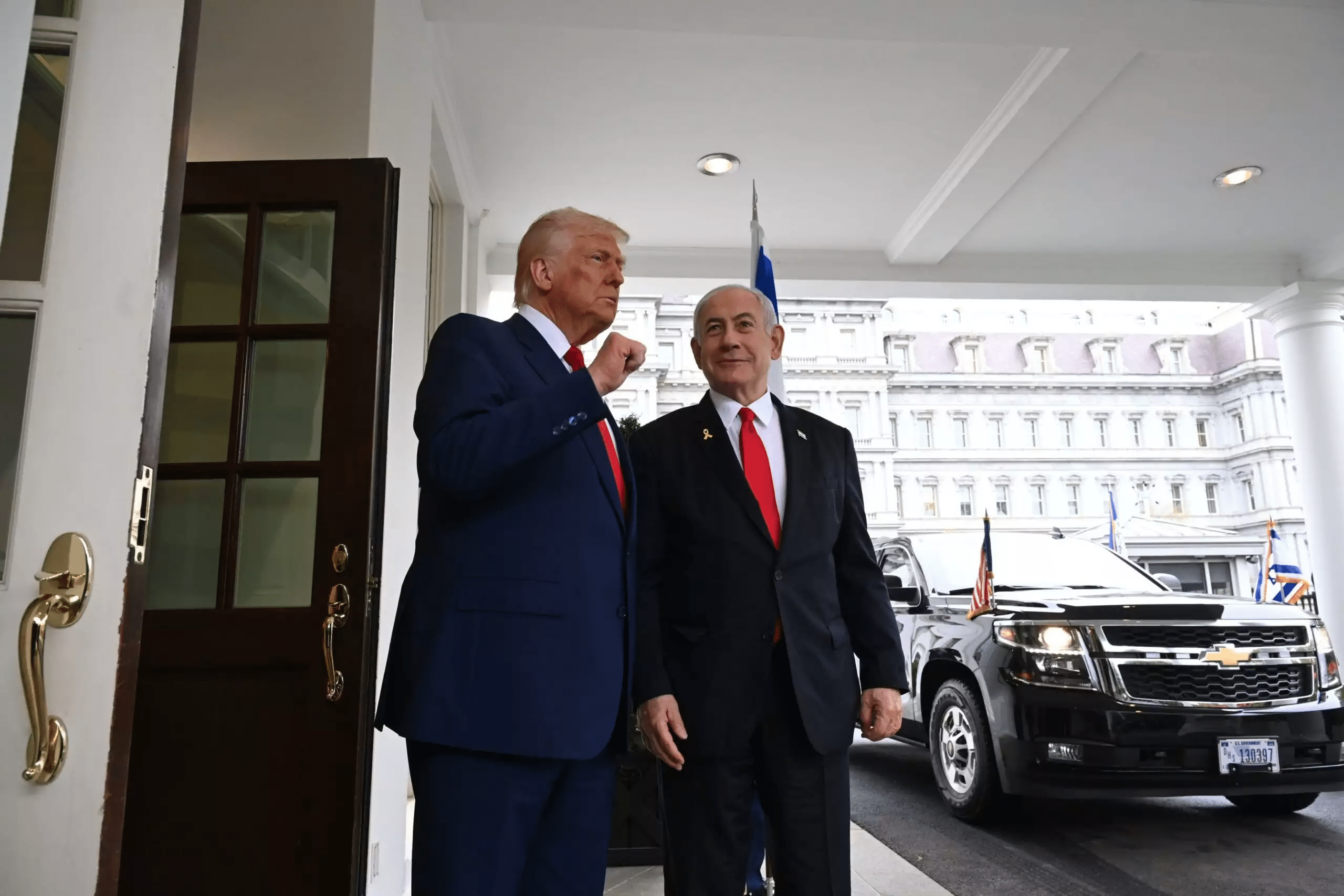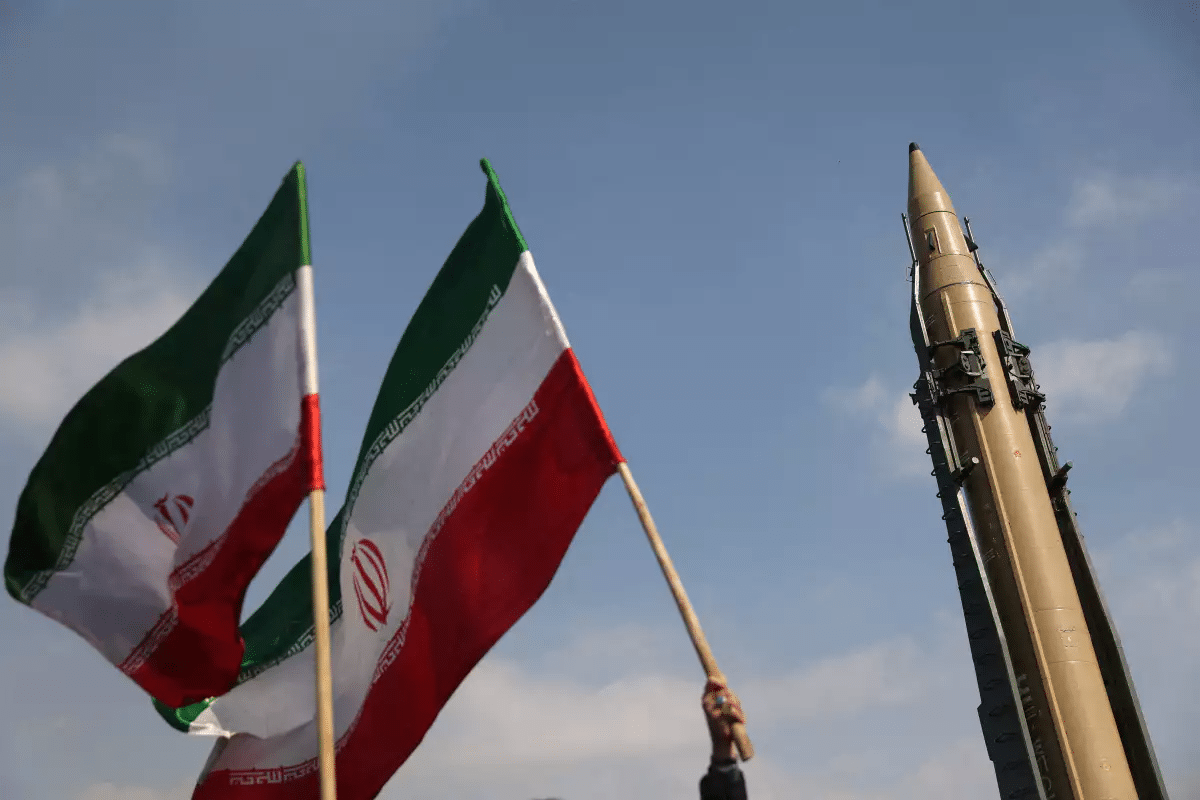It happened one summer in New York, at a closed-door meeting between Trump and a group of donors, mostly Jews, with a few Christians. Twelve individuals, each of whom paid a hefty sum for the chance to participate in this intimate conversation with the former president, were invited to bring up issues important to them. One spoke about China, another about real estate, a third about American weakness on the world stage, and so on.
Trump listened patiently to everyone, and after more than an hour, it was his turn to respond. Of all the issues raised, he chose one: Israel. "Israel is the only thing you should care about. If Israel falls, the entire free world will fall," he summarized his worldview.
Six months later, with Trump once again serving as president, he is fully delivering on his unwavering support for the Jewish state. Contrary to false predictions made since 2016 that he would turn his back on Israel, Trump is offering full backing for Israel's actions on all fronts - Syria, Lebanon, Gaza, hostages, humanitarian aid, bomb shipments, THAAD missile defense systems, a boost to US forces in the Middle East, and a second meeting with the Israeli prime minister in just two months. This latest meeting was arranged on the fly, an unprecedented occurrence. Israel is receiving it all, with no parallel accorded to any other country.

He hasn't abandoned - and won't
For anyone still wondering whether today's White House proudly stands by Netanyahu, a glance at Trump's official X account says it all. "President Trump welcomes Netanyahu for a second meeting at the White House," his spokespersons declared in bold red letters, along with a video of the president once again greeting the Israeli prime minister, a level of respect not afforded to every world leader.
All this background, including the symbolic gesture of offering Netanyahu a chair, makes it clear that even before the full contents of last night's meeting were revealed, Trump has certainly not - and will not - abandon Israel. Naturally, there may be some gaps between the two leaders' positions, and the president has his own interests. At the moment, given the global turmoil caused by his tariff policies, Trump has an interest in showing that world leaders are flocking to him to renegotiate their trade ties with America. As fate would have it, one of the most recognizable political figures on the planet is Israel's long-serving prime minister, Benjamin Netanyahu.
So, despite Israel's small economy compared to China, Canada or the EU, Netanyahu's urgent visit to the White House is set to become a signal to other world leaders. At least, that's what Trump wants to believe, and to project.
Netanyahu, too, has a clear political and economic interest in showing the Israeli public that he is, at the very least, lowering the tariffs Trump imposed on Israel. A rushed meeting with that goal on the agenda could be a win for both sides.
Iran on the table
But of course, tariffs weren't the only topic on the table at the White House. Israel's most pressing security concerns were discussed as well, first and foremost among them: Iran. Here too, there is little room for concern over a bad deal. The Trump administration insists on direct talks with Iran, but the chances of that happening are slim to none, as Tehran is only willing to engage in indirect negotiations.

Even in the unlikely event that Supreme Leader Ali Khamenei agrees to face-to-face talks with Trump's envoys, the US demands in this area, which may come as a surprise to Israel, are expected to be extremely tough: not only a freeze on the nuclear project and removal of enriched uranium, but also the dismantling of nuclear infrastructure, a halt to the missile program, and an end to the global terrorism Iran is spreading.
There is no chance the ayatollahs will agree to such conditions. Therefore, a military confrontation is only a matter of time. The only question that remains is the extent of US involvement.




